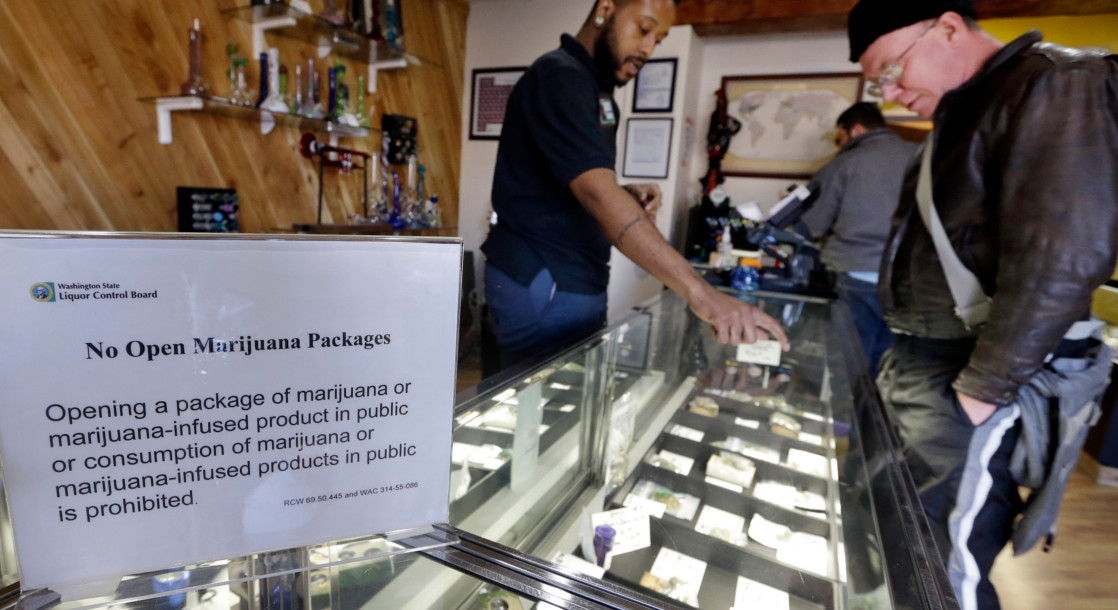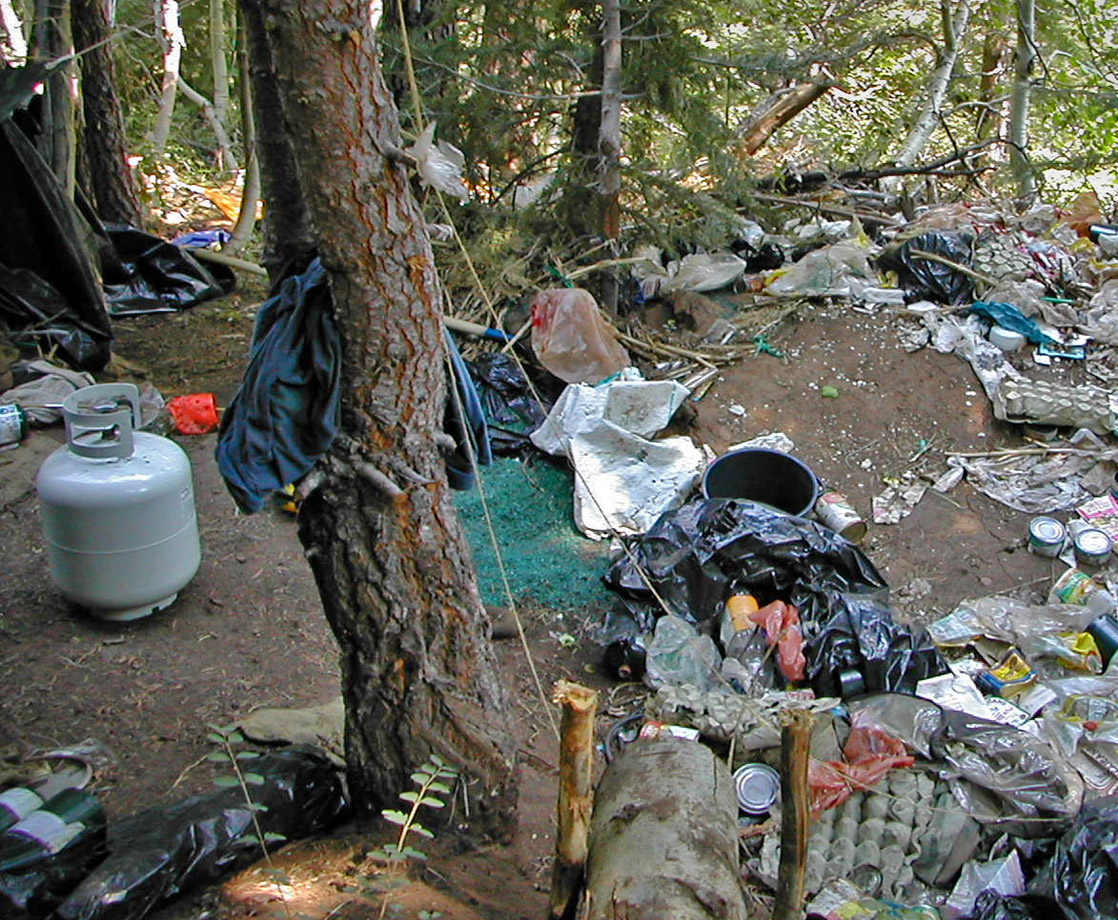As of June 23rd, Washington state has seen a significant update to the rules and regulations regarding cannabis, thanks to a bill designed to keep the state's marijuana industry safe from threats of federal prosecution. The new regulations place restrictions on the cannabis market as well as cannabis advertising, but also allow license holders to operate five retail stores each, up from the current limit of three.
Under the new regulations, dispensary or retail workers are required to be 21 or older. Canna-businesses that are approved for a license but fail to open a store within two years may have their license revoked. The law now allows canna-businesses to create trademark and licensing agreements and take steps to protect their trade secrets. State residents are still not allowed to grow marijuana at home, but the state will research the implications of allowing home-grows in the future.
Canna-businesses are also required to ensure that their advertising does not appeal to children. The new regulations state that “establishing limited restrictions on the advertising of marijuana and marijuana products is necessary to assist the state’s efforts to discourage and prevent underage consumption and the potential risks associated with underage consumption.” Businesses are prohibited from advertising cannabis products on cars, creating ads that appeal to tourists, or using mascots in their ads.
“Any outdoor advertisement now is really restricted to just being informational,” said Seattle-based cannabis attorney Daniel Shortt. “It takes out the ability for any business to creatively advertise or advertise in an eye-catching way.” Retailers are also prohibited from advertising their businesses within 1,000 feet of a school, playground, recreation facility, child-care center, public park, library or any game arcade.
“The goal of creating a regulated market is a very good goal,” said Oscar Velasco-Schmitz, co-founder of the Dockside Cannabis retail chain. “The detriment in restriction of advertising is that you can’t convert the customer (into a marijuana consumer) – which is the ultimate goal.”
Cannabis advocates were pleased to see the number of retail stores each license holder is allowed to run increased from three to five, however. “If you take a successful cannabis business with means for growth, now they have a legal means to grow,” Shortt said.











